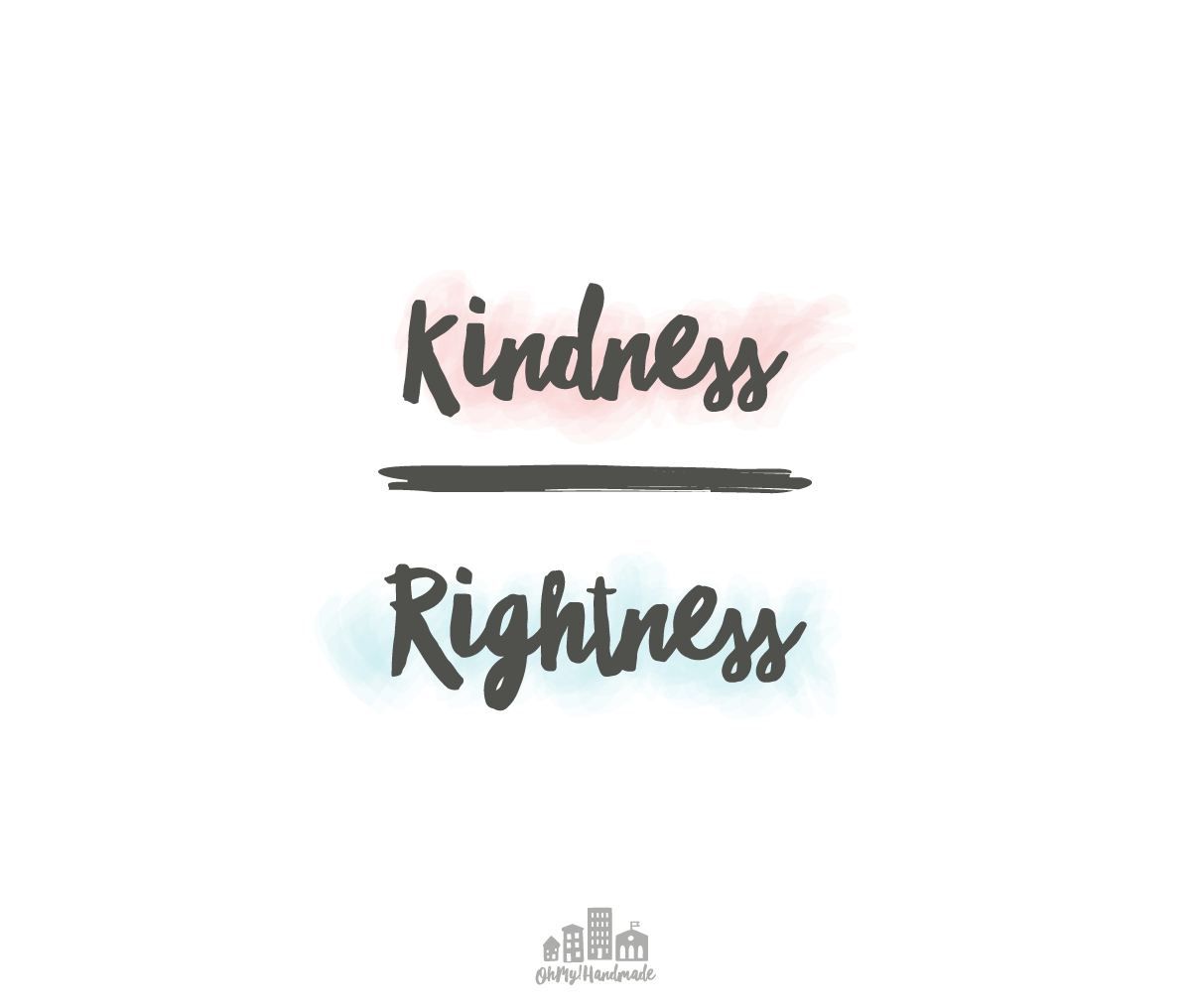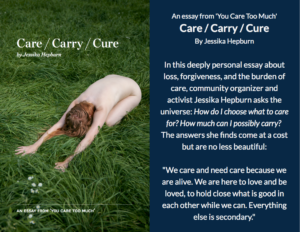
I do not mean to encourage the guilt-ridden thinking that is always too glad to be “wrong” in everything. This too is an evasion of responsibility, because every form of oversimplification tends to make decisions ultimately meaningless. We must try to accept ourselves, whether individually or collectively, not only as perfectly good or perfectly bad, but in our mysterious, unaccountable mixture of good and evil. We have to stand by the modicum of good that is in us without exaggerating it.
We have to defend our real rights, because unless we respect our own rights we will certainly not respect the rights of others. We must be able to admit this not only as the result of self-examination, but when it is pointed out unexpectedly, and perhaps not too gently, by somebody else.
Thomas Merton
Agreeing that there is no “right way” is a good start towards respect for the universally equal right to be wrong. Recognizing that we are all equally wrong protects us from living in fear of failure and never learning from the consequences of choice or become fundamentalist in our beliefs. How many problems from the political to personal can be traced, in part, to an inability to accept responsibility for being wrong? Racism or the treatment of Indigenous people are big examples of wrongs that continue to cause harm, largely because of many who want to be right about the world without listening to the complex reality of those sharing that world with them. Zoom in to find hundreds of smaller examples – from the neighbours who no longer talk because of a disagreement, to the family living in a silent Cold War because no one wants to be the first to change.
Since trying to be right hasn’t gotten most of us anywhere what if, at least for now, we just agreed to be okay with being equally wrong? Maybe then we could start to see each other (and ourselves) as real people. In his essay on non-violence, The Root of War is Fear from New Seeds of Contemplation, Thomas Merton writes:
But someone will say: “If we once recognize that we are all equally wrong, all political action will instantly be paralyzed. We can only act when we assume that we are in the right.” On the contrary, I believe the basis for valid political action can only be the recognition that the true solution to our problems is not accessible to any one isolated party or nation but that all must arrive at it by working together.”
It is tough to accept that we might be wrong or can’t solve everything alone with our perfect plans, this is even harder when someone else is pointing it out critically! Working to let go of our attachment to rightness helps us find the security to not react defensively and readily accept that even our purest hearted intentions might cause harm. Being wrong does not make us bad people, just people – we can all find some comfort in that.
I think that we have forgotten the option of restraint and that it is no longer the survival of the fittest that is called for, but the survival of compassion…for me it’s a time of listening, a time to go underground, and I don’t know what it will yield, but I trust it. I think that anytime you go into a landscape of story or art, hopefully, the outcome will be a literature of compassion, something that causes us to pause and think about something in a different, fresh way. The power of story is that it bypasses rhetoric and pierces the heart. It goes into the cells.
Terry Tempest Williams
“We’ve come up with the idea that ‘survival of the fittest’ means that the strongest man wins, when what actually wins is highly collective, communal behavior.”
Resources:
Sign up to play Compassion Games: Survival of the Kindest next coopetition starts April 11
Thomas Merton, New Seeds of Contemplation
Terry Tempest Williams and Ona Siporin: A Conversation
James Doty’s Helper’s High, Nautilus Magazine
#365DaysofPresence Compassion Archive:

